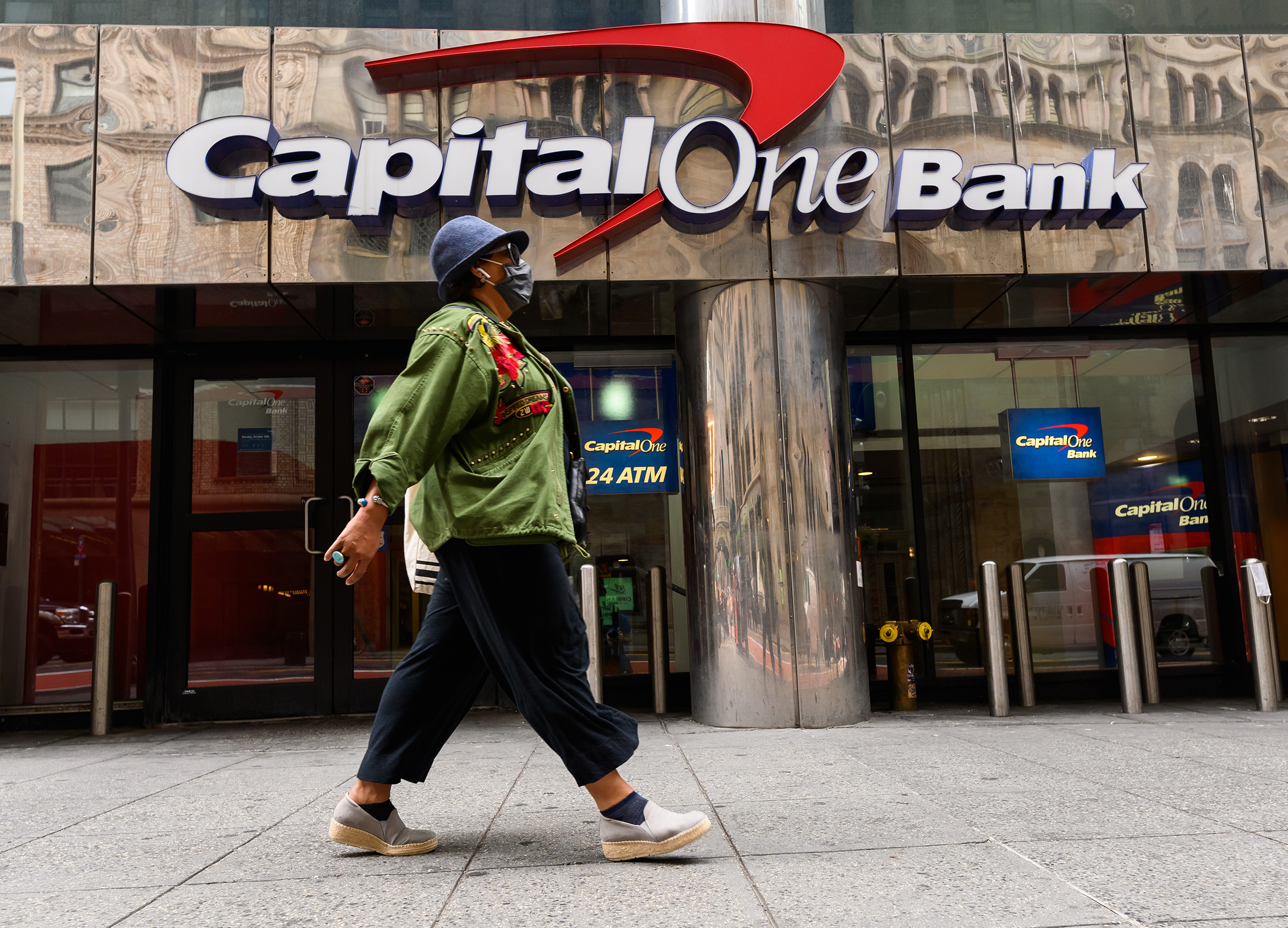In December, Capital One became the first major U.S. bank to announce that it was completely eliminating overdraft and insufficient-fund fees, which accounted for $150 million of Capital One’s $30.4 billion in revenue last year. Such fees typically run around $25 to $35 each but cost Americans over $15 billion in total annually. They can be particularly devastating for families living on the financial edge, who frequently get dinged with these fees yet are least likely to have the means to pay them. After Capital One’s trendsetting move—and amid regulatory pressure—other top U.S. banks, including Bank of America, Wells Fargo, and Citigroup, announced plans to follow suit.
A weekly newsletter featuring conversations with the world’s top CEOs, managers, and founders. Join the Leadership Brief
- Donald Trump Is TIME's 2024 Person of the Year
- Why We Chose Trump as Person of the Year
- Is Intermittent Fasting Good or Bad for You?
- The 100 Must-Read Books of 2024
- The 20 Best Christmas TV Episodes
- Column: If Optimism Feels Ridiculous Now, Try Hope
- The Future of Climate Action Is Trade Policy
- Merle Bombardieri Is Helping People Make the Baby Decision
